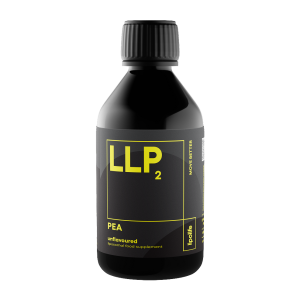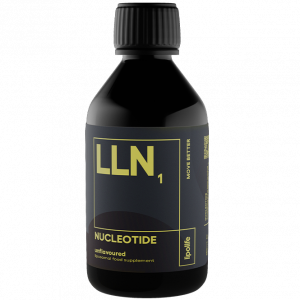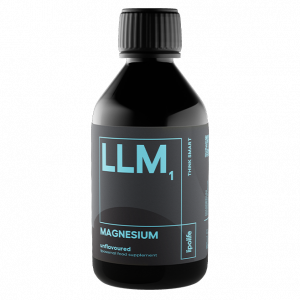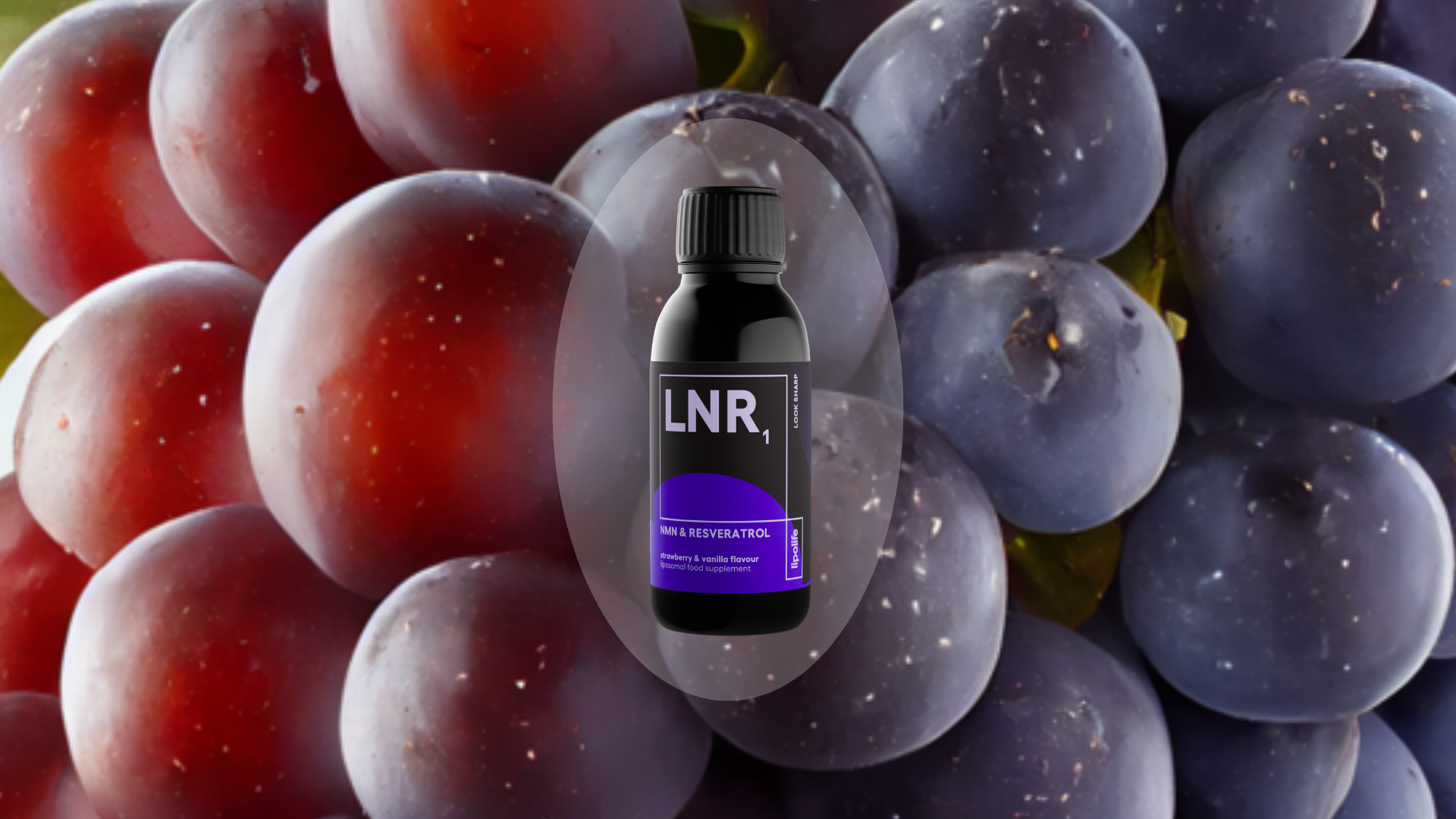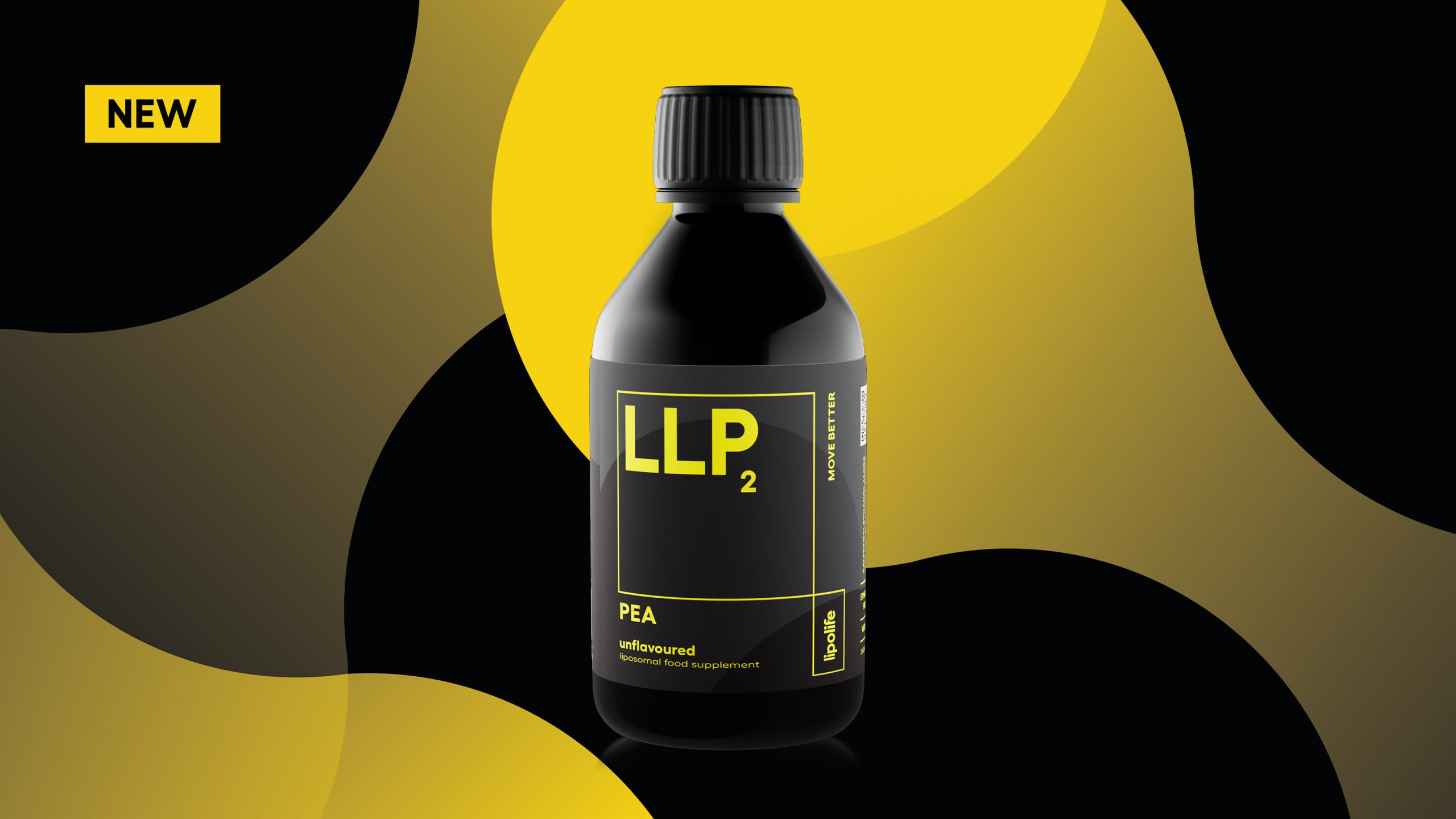Benefits of Palmitoylethanolamide (PEA)
Date
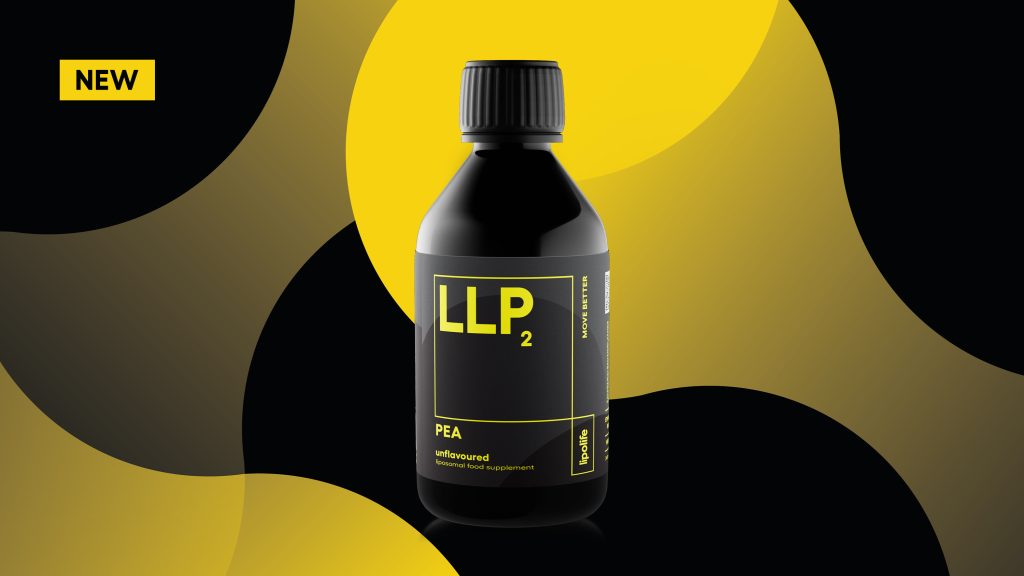
Palmitoylethanolamide (PEA) is a fatty acid amide naturally produced in the body and found in various foods. It has recently gained attention for its potential therapeutic benefits, particularly in addressing inflammation and pain. The molecule was first isolated from egg yolks in the 1950s, and since then, research has uncovered several promising aspects of PEA. We use the award-winning, trademarked Levagan®+ in our new formula, LLP2. Levagen®+ has been the subject of numerous studies exploring its potential health benefits, particularly in the fields of inflammation, pain management, and neuroprotection.
Here, we delve into 7 key findings from evidence-based studies that highlight its diverse advantages:
Anti-Inflammatory Properties:
PEA is known for its anti-inflammatory effects. It interacts with various cellular receptors involved in the immune response, helping to regulate inflammation. Chronic inflammation is associated with numerous health conditions, including arthritis, neurodegenerative diseases, and autoimmune disorders. PEA’s ability to modulate inflammation makes it a potential candidate for managing these conditions.
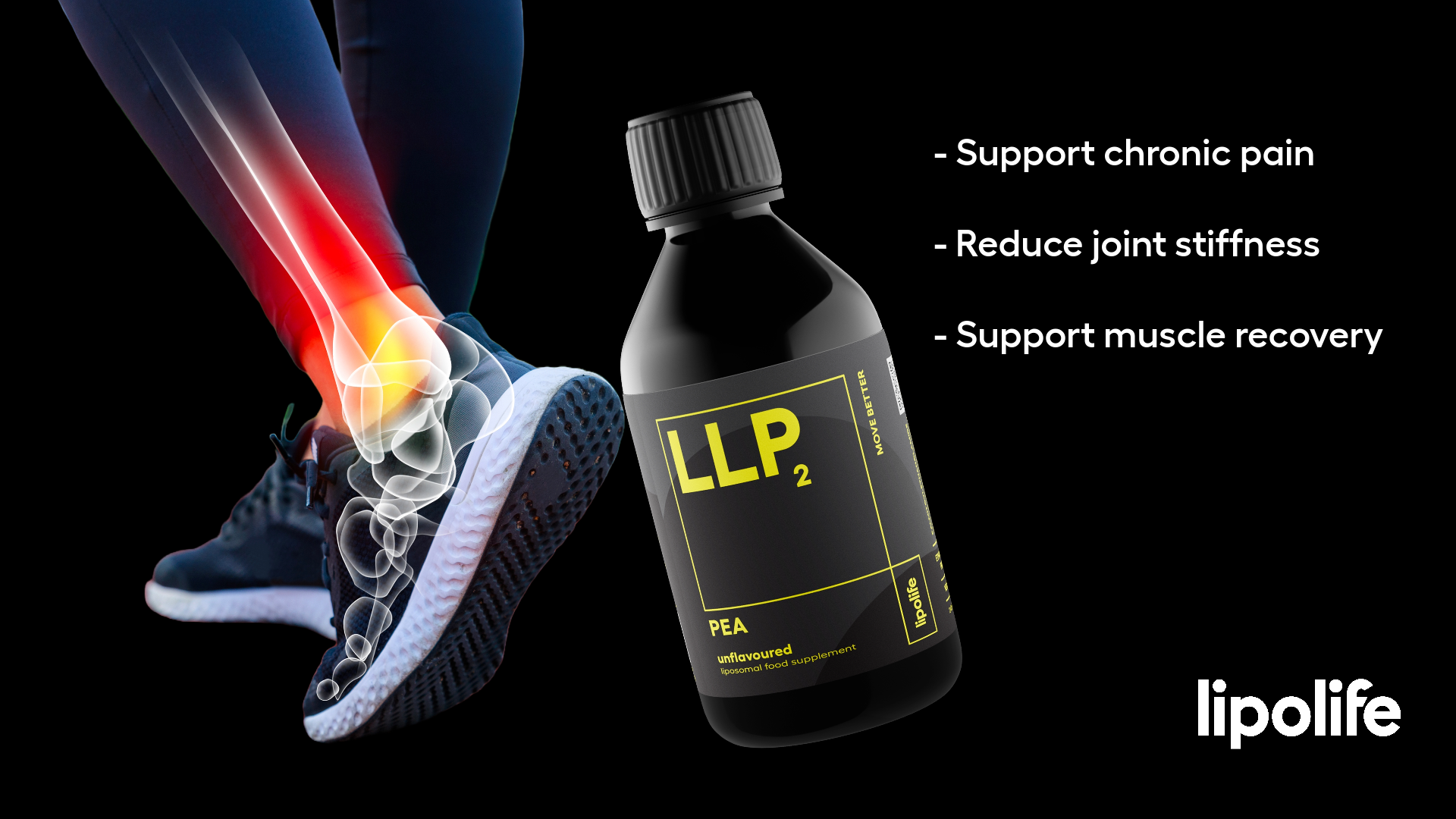
Pain Management:
Several studies have investigated PEA’s efficacy in managing different types of pain. PEA’s mechanism of action involves targeting receptors involved in pain signalling, providing relief without the side effects associated with many traditional pain medications. A randomised, controlled trial published in The Journal of Pain Research in 2017, examined the use of PEA in patients with chronic pelvic pain. The study found that PEA supplementation led to a significant reduction in pain intensity compared to the control group. Another study published in the Journal of Pain & Relief in 2013 explored the use of PEA in patients with carpal tunnel syndrome, reporting a reduction in pain and improved nerve function.

Neuroprotective Effects:
PEA’s neuroprotective properties have been investigated in the context of neurodegenerative diseases. Research published in Neurochemistry International in 2017 explored PEA’s impact on Alzheimer’s disease in an animal model. The study found that PEA treatment reduced cognitive impairment and neuronal loss, suggesting a potential neuroprotective role. Additionally, a study published in Pharmacological Research in 2016 suggested that PEA may have therapeutic potential in Parkinson’s disease by protecting dopaminergic neurons.
Immune System Modulation:
PEA has been shown to modulate the immune system, contributing to its anti-inflammatory effects. By regulating immune responses, PEA may help maintain a balanced and appropriate immune reaction, preventing excessive inflammation that can contribute to various diseases. PEA’s ability to modulate the immune system has been documented in various studies. A review published in Current Medical Research and Opinion in 2013 discussed PEA’s immunomodulatory effects and its potential application in autoimmune diseases.
Potential Role in Allergy Management:
Some studies suggest that PEA may have a role in managing allergies. By modulating immune responses and reducing inflammation, PEA could potentially alleviate allergy symptoms. While more research is needed, these findings hint at the broad spectrum of PEA’s potential applications.
Mood and Well-Being:
Emerging research has explored the potential impact of PEA on mood and emotional well-being. Some studies suggest that PEA may have anxiolytic and antidepressant effects, possibly through its influence on the endocannabinoid system and other neurotransmitter systems. However, further research is necessary to establish its efficacy in this regard.
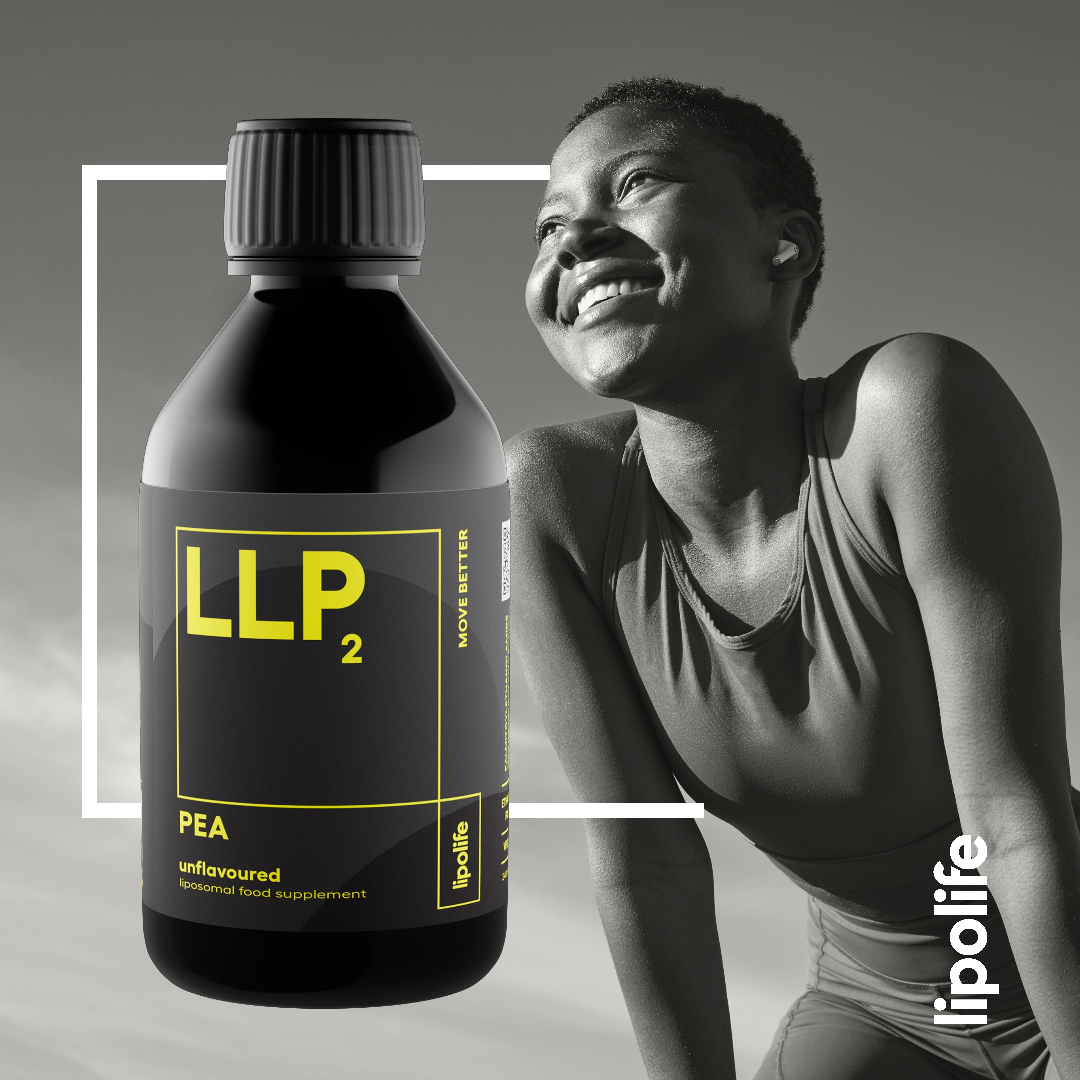
Synergistic Effects with Other Compounds:
PEA has demonstrated synergistic effects when combined with other compounds, such as luteolin or certain cannabinoids. These combinations have shown enhanced anti-inflammatory and analgesic effects, opening up possibilities for complementary therapies.
Palmitoylethanolamide is a fascinating compound with a range of potential health benefits, particularly in the realms of inflammation management, pain relief, neuroprotection, and immune system modulation. While research is ongoing, the current body of evidence suggests that PEA could be a valuable addition to the arsenal of natural compounds that support overall health and well-being.
